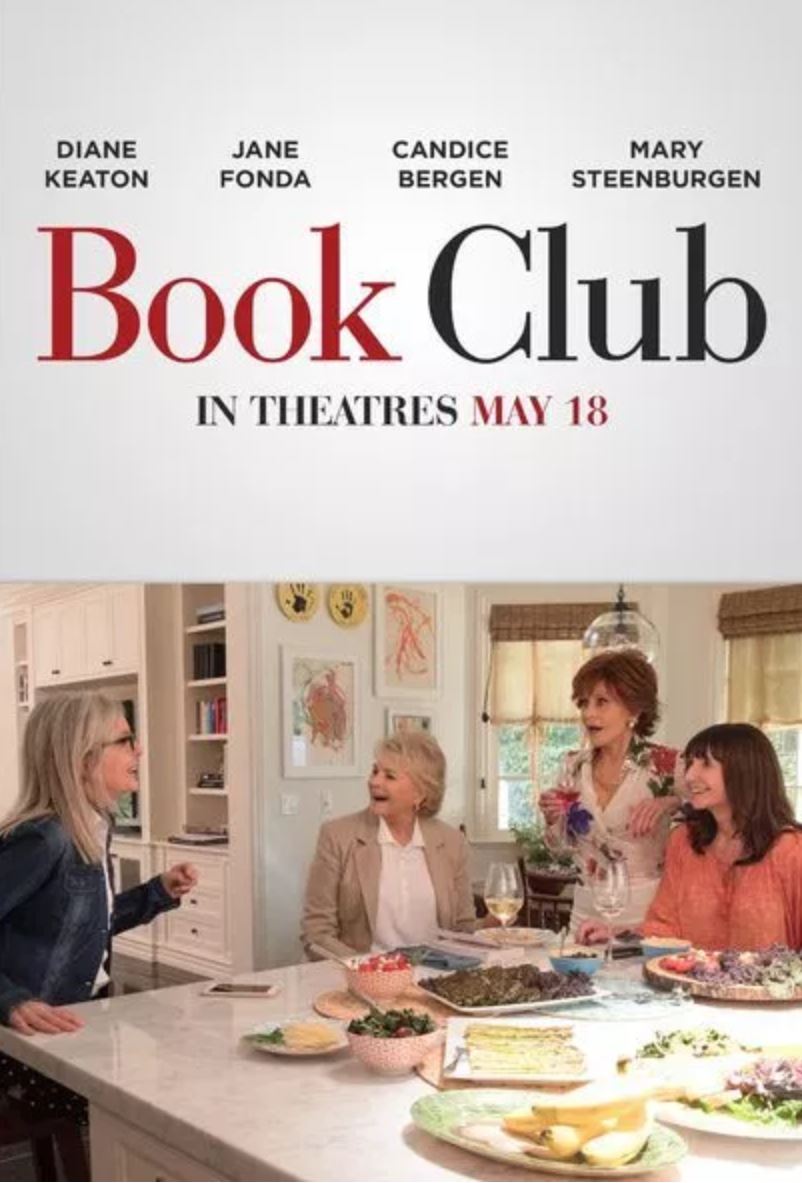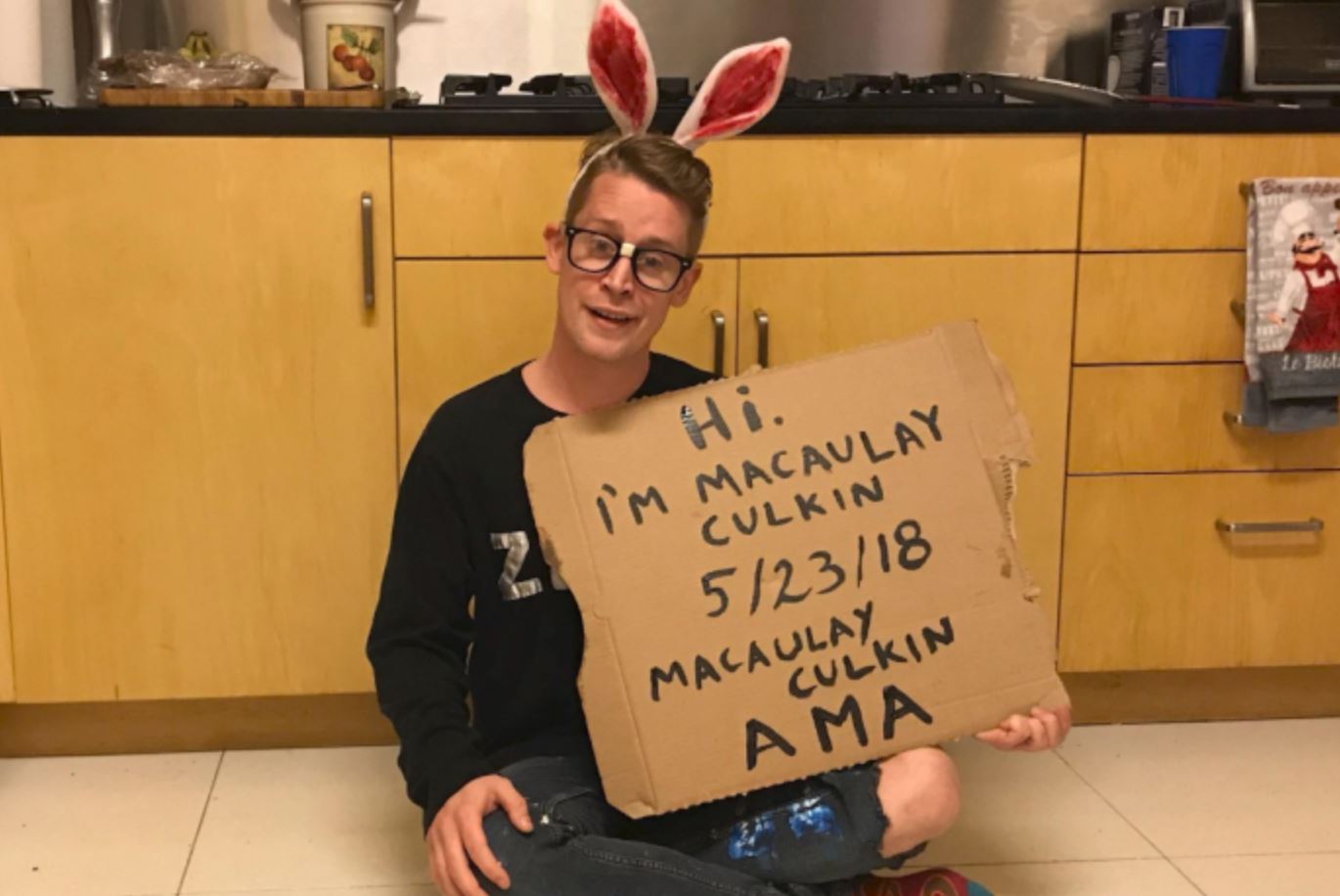Book Club: The middle-aged rom-com we need



Based on its trailer, Book Club looks like a fake movie from an SNL sketch. It’s four women of a certain age reconnecting with their sexuality and romantic lives thanks to the power of Fifty Shades of Grey, which in itself seems like a joke, as Fifty Shades is years past its cultural relevance. But Book Club is a real movie, and guess what? It’s not bad. It is, actually, good. Is it corny? As hell. Are there lines that will make you cringe? Of course. But it’s also a movie about women, for women, that gets into a topic that remains taboo, despite the relative loosening of public morals around sex (somewhat, the US is still pretty uptight), and that is the subject of elder-sex.
Half the pleasure of watching Book Club is watching four Hall of Famers share the screen together. The members of the titular book club are Vivian (Jane Fonda), a successful hotelier; Sharon (Candice Bergen), a federal judge; Carol (Mary Steenburgen), a chef; and Diane (Diane Keaton), a recent widow whose grown daughters want her to relocate to Arizona. The women have been meeting for a monthly book club since the 1970s, and their latest read is Fifty Shades of Grey, which despite initial protests, they each dive into and soon each embarks on a later-in-life sexual awakening.
Diane narrates the film, and Keaton’s bouncy, breezy presence is what sells much of the romantic comedy. Her storyline is the most traditionally romantic, as she meets a sexy, gravel-voiced stranger (Andy Garcia, CLEARLY delighted to work with Keaton again) on a flight to visit her kids in Arizona. He turns out to be a wealthy aviator who sweeps Diane into a romantic getaway her dumbass kids promptly ruin. Diane’s story is a reminder that “aging” does not necessarily equal “invalid”, and it low-key shame-reminds grown children not to baby their parents, who are still leading full, independent lives. Diane is also practical about her late husband, noting it was pregnancy and then raising children that bonded them, and that though she loved him, maybe he wasn’t the great love of her life. This is a little more honest and unromantic about marriage than you expect in an otherwise light-hearted movie, but it’s a poignant reminder that life is long, and love is not the exclusive real estate of the young.
While Diane is being wooed by “the pilot”, Sharon is getting back in the dating game after an 18 year break. Even though her ex-husband (Ed Begley, Jr. doing his best Ed Begley, Jr.) is a dip, she’s never quite gotten over their divorce, and now that he is engaged to a woman half his age (or less), Sharon feels compelled to get back out there. Her storyline is a commentary on modern app-dating, and ultimately Sharon learns to open up again. But this plot does miss a beat in not examining the role Sharon’s high-profile, high-powered job had in shaping her romantic life for almost two decades.
Vivian, though, makes it clear her job always came first. Despite a proposal from record producer Arthur (Don Johnson), Vivian remained single and dedicated to building her empire. When Arthur walks back into her life, Vivian has to confront whether or not she made the right choice all those years ago, and if her policy of sex-without-feelings is really that satisfying. Between Vivian and Sharon there is a latent value judgment on coupledom as the desired state of being, that it wouldn’t be enough for a woman to be successful on her own terms, she must be in a functional committed relationship to be truly satisfied. That’s a bit of a letdown in a movie that is otherwise about living your life despite what society thinks is best for you.
Where it all comes together is in Carol’s story, as she has both success, owning her own restaurant, and a husband to whom she’s been married for decades. Satisfaction, however, eludes Carol as she and her husband (Craig T. Nelson) haven’t been intimate in months. Their story involves dance classes and a public declaration at a talent show, which is a classic happy ending for a rom-com. But Carol’s story is also a rather frank look at keeping romance alive after decades, and how important intimacy is to connection.
Book Club is about women the world says should be done with the living parts of life, but they are not ready to cede their femininity or sexuality. And it’s done in a fun, light-spirited way that means Book Club is probably destined for guilty-pleasure viewing on Netflix, although the whole concept of “guilty pleasures” is a slight on entertainment geared toward women and you should not feel guilty for enjoying things meant for you to enjoy. Which is the moral of Book Club, to not let society shame you for finding pleasure in life.
